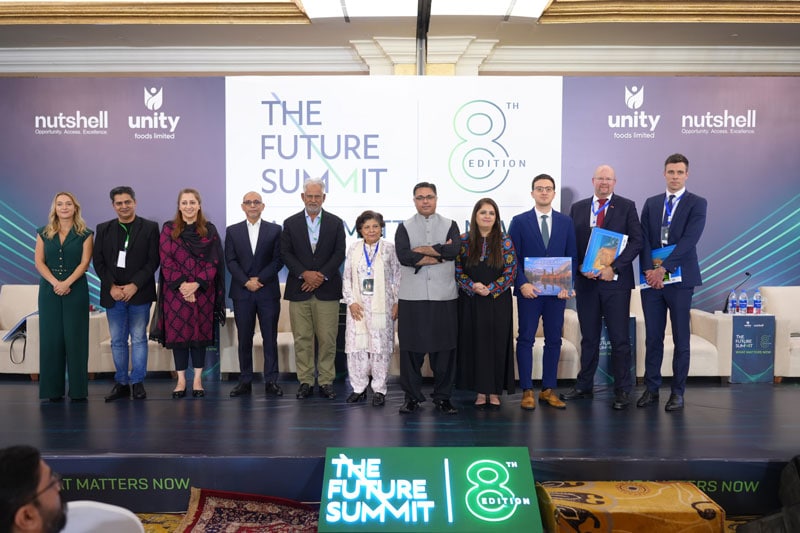K-Electric’s Chief Distribution & Marketing Officer (CDMO) Sadia Dada, has outlined the company’s ambitious goal to reduce its Scope-1 emissions by 20 percent by 2030. This marks a significant milestone in the utility’s sustainability journey, reflecting its commitment to driving environmental responsibility. At the forefront of K-Electric’s sustainability plan is a pledge to avoid generating additional megawatts from imported fuel.
By 2030, the company aims to source 30 percent of its power supply from renewable sources. Dada emphasized that K-Electric’s sustainability strategy is based on translating words into actions, citing the utility’s recent achievement of a 10 percent reduction in Scope-1 emissions, equivalent to nearly 0.8 million metric tonnes last year. “We began our journey by setting clear targets, and disclosures are essential to keep us accountable,” Dada said, noting that while these disclosures are voluntary now, they may become mandatory in the future due to regulatory changes.
The company also made strides in gender equality, becoming the first Pakistani company to publish its gender pay gap ratio, which it successfully closed the following year. Sadia Dada shared these insights during a panel discussion at the 8th edition of The Future Summit (TFS), Pakistan’s premier corporate event. The summit, which took place in Karachi, brought together leaders and industry experts to discuss climate solutions and sustainable development. The panel included Ayla Majid, Global Deputy President of ACCA, Dr. Shamshad Akhtar, Chairperson of Pakistan Stock Exchange, Andrew Bailey of BASF Pakistan, and Philip Skinner of GuarantCo, among others.
Ayla Majid, in her remarks, emphasized the importance of a strategic approach to energy transition and decarbonization, while pointing out that green hydrogen has the potential to meet 12 percent of global energy needs by 2050 despite current cost challenges. She also highlighted the need for cross-border collaboration, policy stability, and infrastructure development in Pakistan to foster sustainable fuel production. Philip Skinner discussed the role of nature-based solutions, such as wind farms and mangrove plantations, which not only benefit the environment but also create jobs and support livelihoods.
In Sindh, integrating nature into infrastructure has attracted climate finance and fostered growth in agriculture and fisheries. The panel also explored the evolving role of chemistry in sustainability, with Andrew Bailey outlining how the chemical industry is shifting towards renewable raw materials and recycling, particularly in the context of plastics. Dr. Shamshad Akhtar noted the vital role of the private sector in leading the charge for sustainability, while also calling on the public sector to follow suit. She cited the success of Pakistan’s textile industry as a model for nationwide growth.
The discussion concluded with a call for collaborative efforts, policy support, and sustainable funding to address climate challenges effectively. The need for cross-border cooperation, coupled with strong institutional capacity, was underscored as a critical element for addressing Pakistan’s climate goals.










